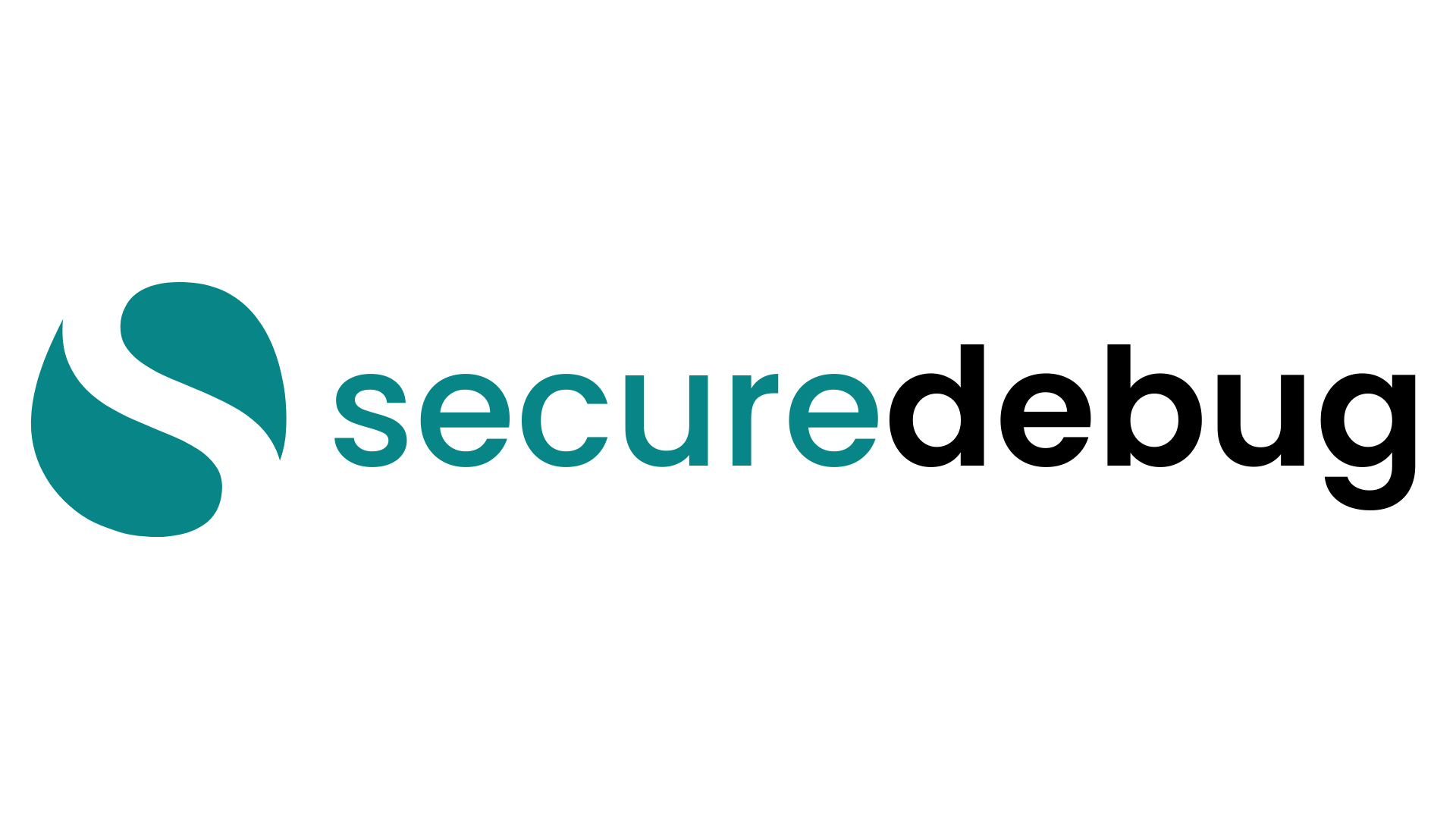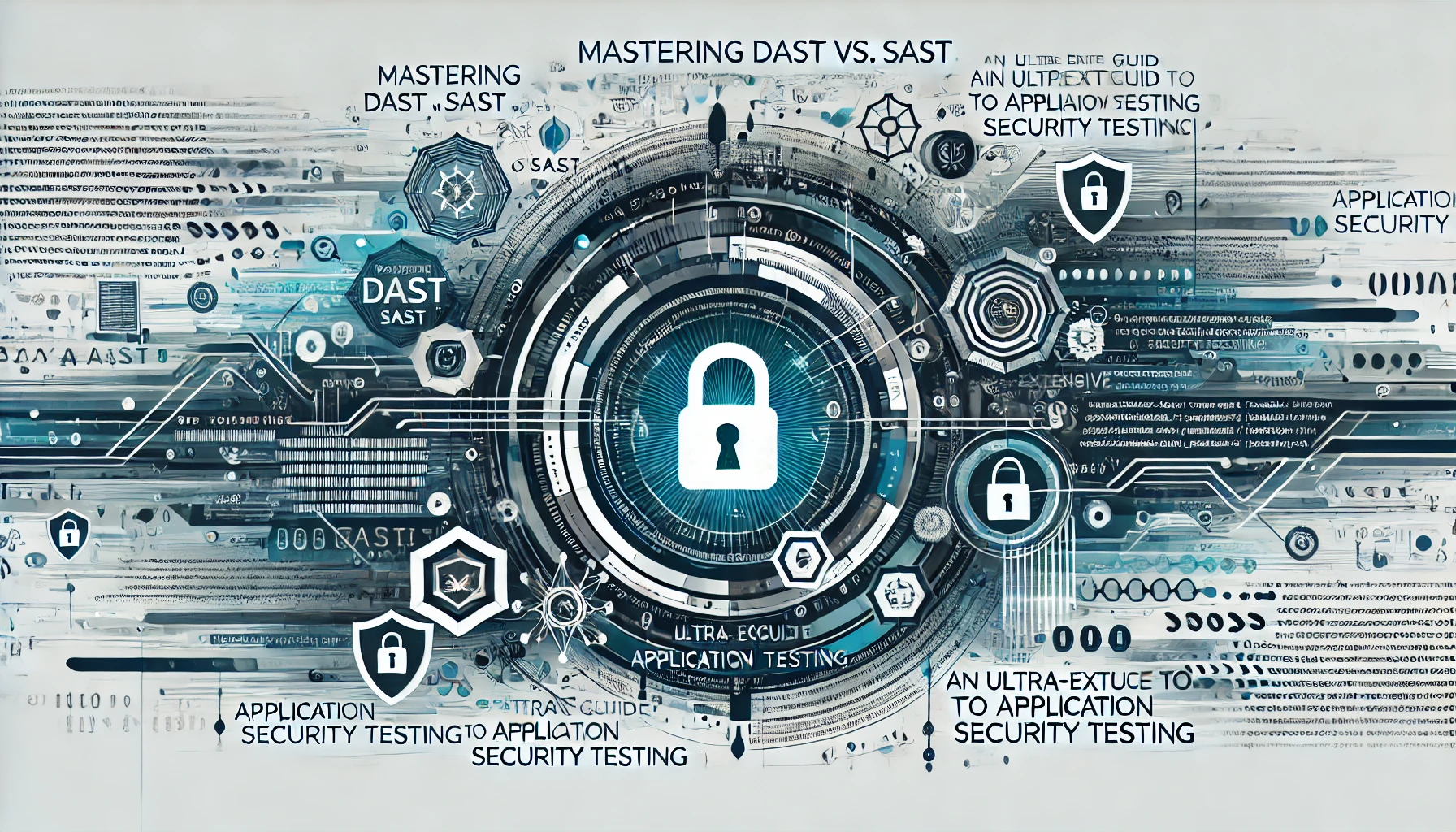
Introduction
Welcome to Secure Debug’s cybersecurity blog! In this article, we will delve into the crucial topic of data breach prevention strategies specifically tailored for the healthcare industry. With the increasing digitization of patient records and sensitive medical data, healthcare organizations face a growing number of cyber threats. Implementing robust security measures is paramount to safeguarding patient privacy and maintaining the integrity of healthcare systems.
The Evolving Threat Landscape
As technology advances, so do the tactics employed by cybercriminals. Healthcare organizations are frequently targeted due to the immense value of patient data on the black market. These threats can result in severe financial and reputational damage, not to mention potential harm to patients.
Let’s explore some effective strategies to prevent data breaches in healthcare:
1. Employee Education and Training
Human error is often the weakest link in cybersecurity defenses. Conducting regular training sessions to educate employees about security best practices and the importance of data protection is vital. Topics may include identifying phishing emails, using strong passwords, and recognizing social engineering techniques.
2. Implementing Access Controls
Controlling access to sensitive patient data is crucial. Assigning appropriate access privileges to employees based on their roles and responsibilities ensures that only authorized personnel can view or modify confidential information. Two-factor authentication should be enforced for added security.
3. Regular Security Audits
Conducting periodic audits and vulnerability assessments help identify and address potential security loopholes. This includes reviewing user access logs, testing network infrastructure, and ensuring compliance with industry regulations such as HIPAA (Health Insurance Portability and Accountability Act).
4. Encryption and Secure Data Storage
Encrypting patient data both in transit and at rest is critical. Encryption converts sensitive information into unreadable code, minimizing the impact of a breach. Additionally, healthcare organizations should invest in secure data storage systems with robust access controls to prevent unauthorized access to stored data.
5. Incident Response Planning
Developing a comprehensive incident response plan is essential to minimize the damage caused by a potential breach. This plan should include steps to identify, contain, and mitigate the effects of a breach. Regularly testing and updating the plan ensures its effectiveness in real-world scenarios.
Conclusion
Securing patient data is of utmost importance in the healthcare industry. By implementing effective data breach prevention strategies such as employee education, access controls, security audits, encryption, and incident response planning, healthcare organizations can significantly reduce the risk of data breaches. Staying ahead of evolving cyber threats is an ongoing effort that requires constant vigilance and proactive security measures.
Stay Connected with Secure Debug
Need expert advice or support from Secure Debug’s cybersecurity consulting and services? We’re here to help. For inquiries, assistance, or to learn more about our offerings, please visit our Contact Us page. Your security is our priority.
Join our professional network on LinkedIn to stay updated with the latest news, insights, and updates from Secure Debug. Follow us here.







